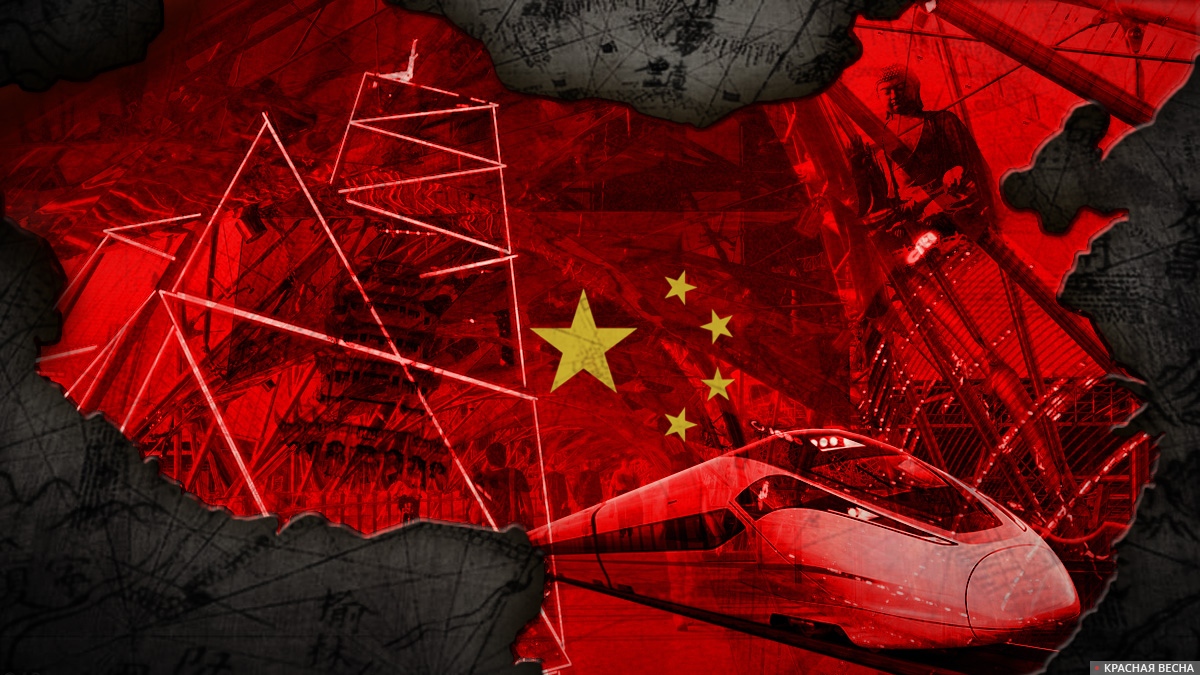
Chinese scientists have proposed eliminating ideological prejudices against entrepreneurs, especially billionaires, the country’s richest people, amid the slow recovery of private sector business activity after the pandemic, writes the Hong Kong edition of the South China Morning Post on May 10.
The term “capitalist” in China, an officially socialist country, has a pejorative connotation, the publication explains. The Constitution of the People’s Republic of China establishes state ownership as the “pillar” of the country’s economic backbone. Although private property rights were enshrined in a 2004 amendment to the country’s constitution, the non-state sector continues to play a supporting role.
In their recently published book, Perspectives on China’s Private Economy, economists Teng Tai and Zhang Haibing argue that private business owners are not “capitalists” as expressed in the writings of Karl Marx. They are entrepreneurs, that is, “business managers, innovators, investors, the ultimate bearers of business risks and builders of socialism.”
At the book’s launch in mid-April, several economists and consultants agreed with the authors and called for unleashing the “entrepreneurial spirit” that has fueled China’s economic rise without labeling entrepreneurs. China needs to draw a line between businessmen and capitalists, says political consultant Liu Shijin, as China “Move from high-speed growth to high-quality development,” TO “Entrepreneurship-driven innovation is more important than ever.”
The private sector has lost the push to recover from the pandemic as Beijing moved to curb what it calls “disorderly expansion of capital” as part of its drive for “shared prosperity,” reorienting the economy toward a more equitable distribution of wealth. . These measures to curb capital have raised questions about the status of private capital. Scholars have called on the Chinese government and the Communist Party to formally differentiate “entrepreneurs” from “capitalists” to provide theoretical support for revitalizing the private sector.
The proposal comes ahead of the third plenum of the CPC Central Committee, which is expected to formulate Beijing’s economic strategy for the coming years.
Source: Rossa Primavera
I am Michael Melvin, an experienced news writer with a passion for uncovering stories and bringing them to the public. I have been working in the news industry for over five years now, and my work has been published on multiple websites. As an author at 24 News Reporters, I cover world section of current events stories that are both informative and captivating to read.
